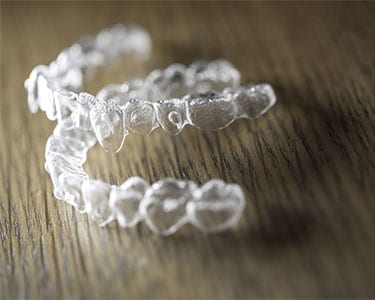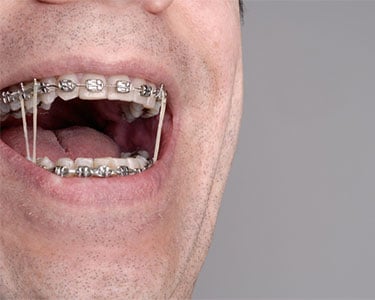
Braces and Canker Sores
The unfortunate news is that braces can contribute to canker sores. This mainly happens in patients that are already prone to canker sores. They may experience an increase in sores because the mouth is adjusting to a big change when beginning orthodontic treatment. Braces can irritate oral tissue, which leaves it vulnerable to tiny lesions to form, such as canker sores.
Luckily, avoiding possible triggers and practicing good oral hygiene can help you to avoid or lessen the instances of canker sores.Read More




